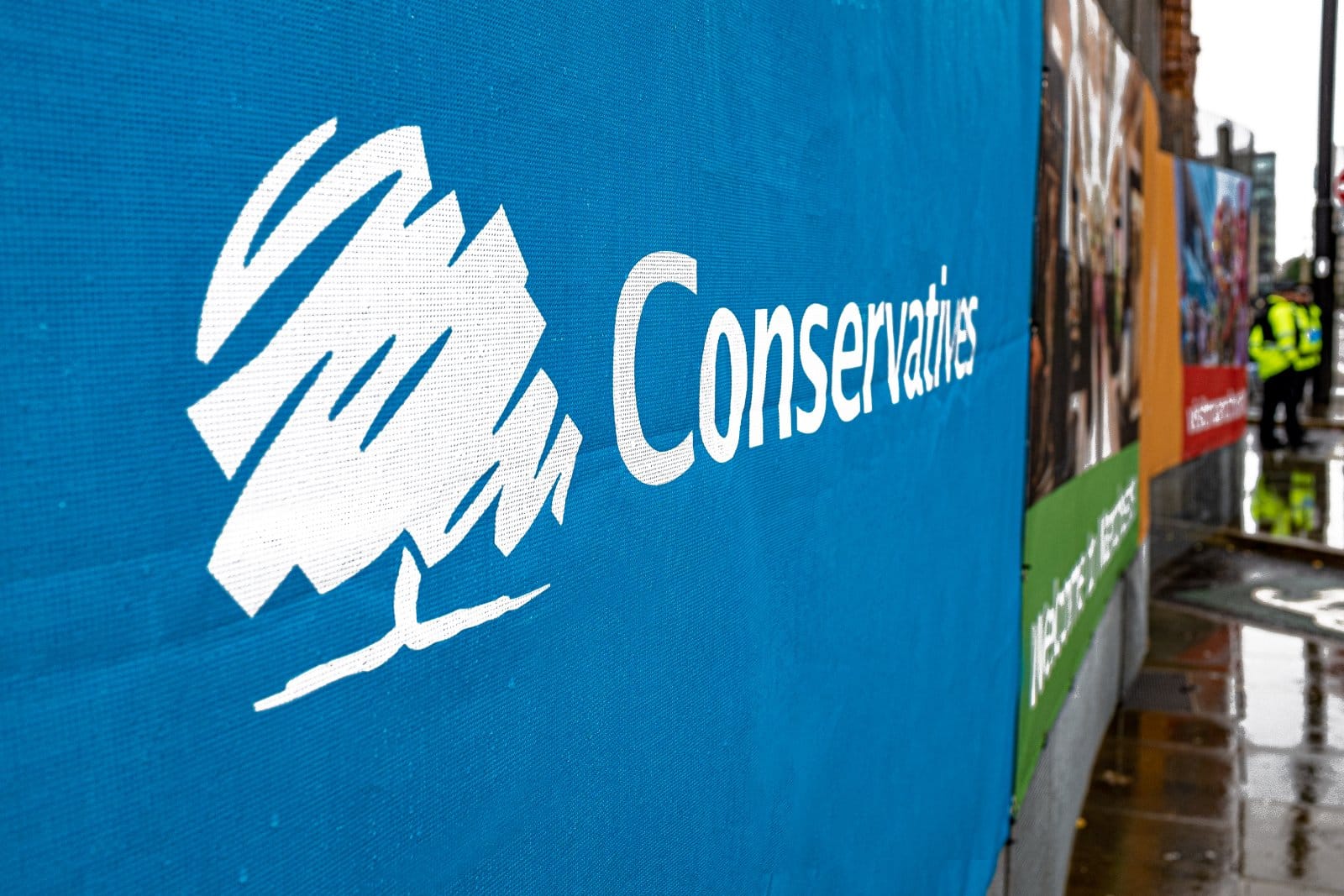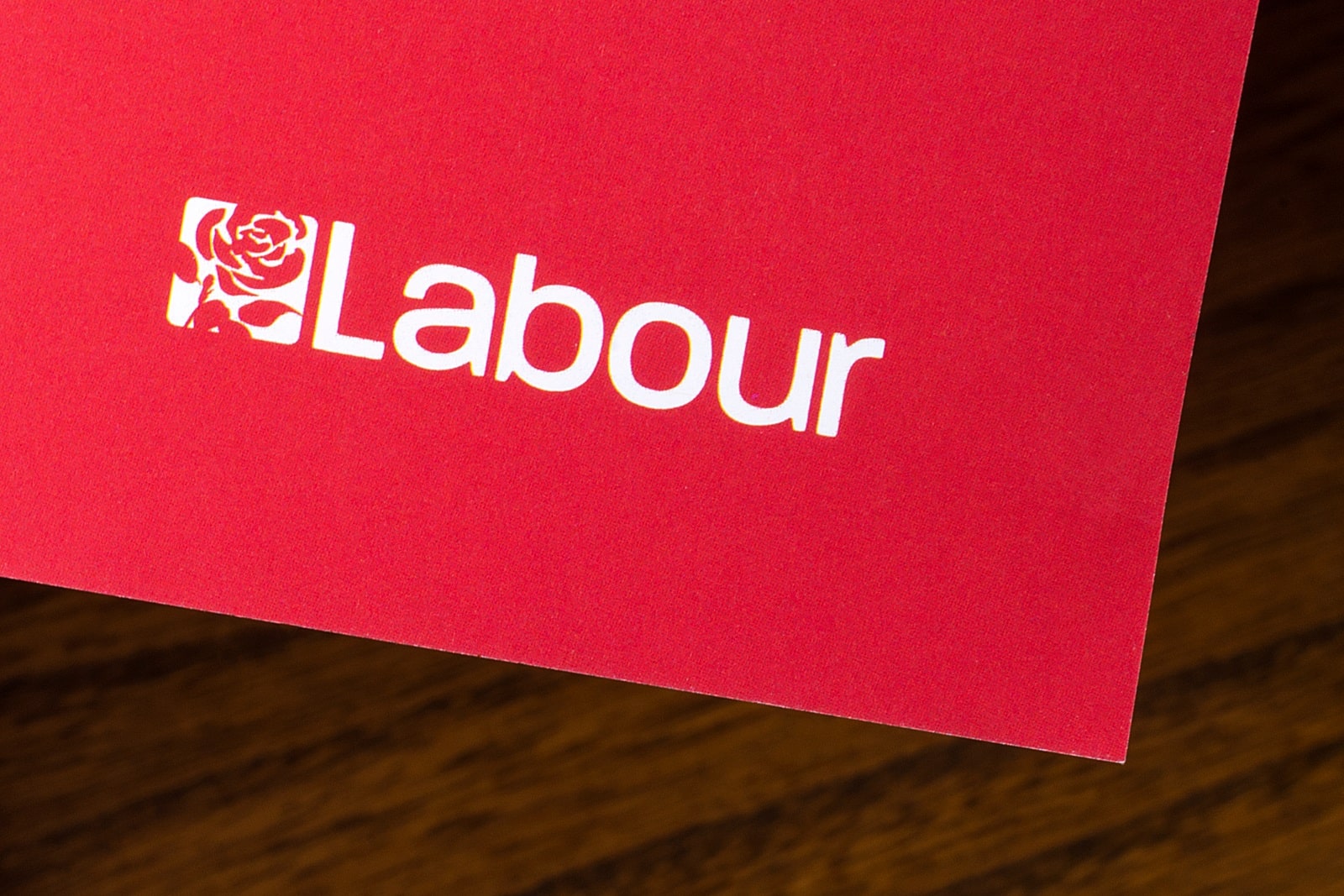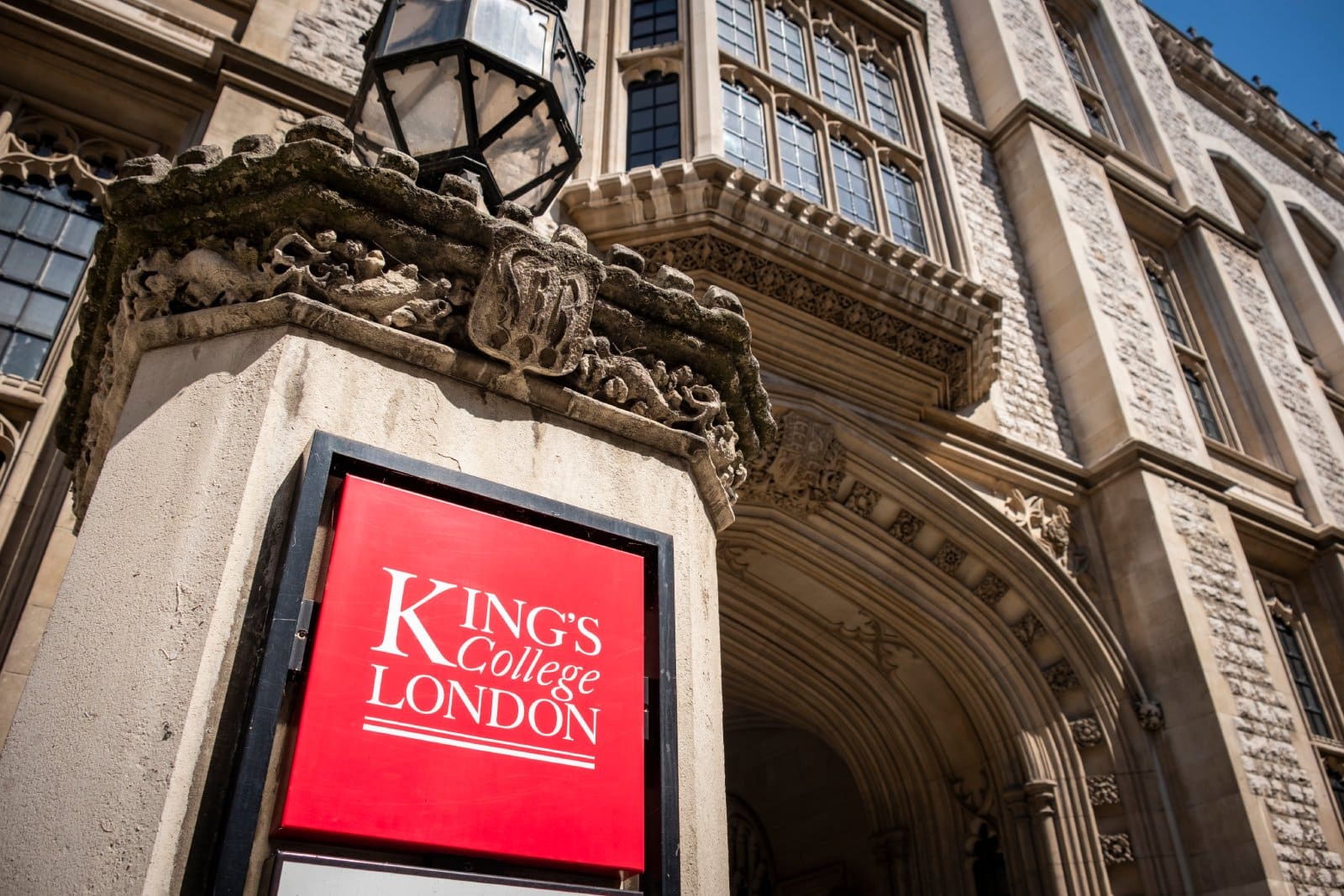Rishi Sunak’s £17bn tax cut plan, unveiled in the Conservative manifesto, faces intense scrutiny for its financial feasibility and potential to benefit the rich overwhelmingly. Here’s the full story.
Tax Cut Plan

Prime Minister Rishi Sunak unveiled a £17 billion tax cut plan as the cornerstone of the Conservative manifesto at its launch to rejuvenate the party’s rapidly crumbling appeal to voters.
Criticism of Proposal

However, this ambitious proposal has been criticised for its feasibility and potential to benefit wealthier individuals disproportionately.
Manifesto Launch Location

The manifesto, launched at Silverstone racetrack, emphasised tax reductions and fiscal policies reminiscent of the Thatcher era. Still, it also drew sharp rebukes from opposition parties and several think tanks.
Key Policy Elements

Central to Sunak’s manifesto are cuts to national insurance contributions (NICs) and stamp duty, increased thresholds for child benefits and support for pensioners.
NICs Reduction

A notable promise includes a 2p reduction in NICs and the eventual abolition of NICs for the self-employed by April 2029.
Sunak Acknowledges Frustration

Sunak stated, “I’m not blind to the fact that people are frustrated with our party and frustrated with me.”
Party Identity Assertion

On tax cuts, Sunak added, “We are the party of Margaret Thatcher and Nigel Lawson, a party, unlike Labour, that believes in sound money.”
Funding Concerns

Despite the confident tone struck by Sunak, the financial underpinning of these tax cuts has raised eyebrows.
Cost Offsetting Claims

The Conservative party claims that the £17.2bn annual cost by 2029-30 will be offset by reducing welfare payments by £12bn annually and enhancing measures against tax avoidance to generate an additional £6bn.
Critics’ Doubts

However, critics argue that these funding sources are uncertain and speculative. Paul Johnson of the Institute for Fiscal Studies states that the savings proposed were “uncertain, unspecific and victimless.”
Labour’s Criticism

In response to the Conservative manifesto launch, Labour’s shadow chancellor Rachel Reeves criticised Sunak for “cosplaying Liz Truss” in relation to his tax plans.
Labour’s Analysis

Labour’s analysis suggested a £17.4bn annual shortfall by the end of the parliamentary term, potentially leading to a £71bn deficit over five years.
Reeves’ Warning

At a press conference later, Reeves pointed out that such fiscal Sunak’s plans could result in higher interest rates, burdening average mortgage holders with an additional £4,800 over five years.
Welfare Cuts Debate

The proposed welfare cuts are another contentious aspect of the manifesto, with the Resolution Foundation think tank indicating that achieving the projected savings would necessitate severe reductions in social security, including potentially slashing up to 40% of payments for individuals with long-term illnesses.
Impact on Councils

This would also mean significant cuts to local councils and unprotected government departments.
Resolution Foundation’s Skepticism

The Resolution Foundation said of the welfare cuts, “All this raises questions over whether this tax and spend package passes the plausibility test.”
Housing and Migration

The manifesto also addressed housing and migration, including a new version of the Help to Buy scheme to assist first-time buyers with government loans up to 20% for new-build properties.
Landlords and Stamp Duty

Additionally, the manifesto promises a two-year exemption from capital gains tax for landlords selling to existing tenants and the continuation of the £425,000 stamp duty threshold for first-time buyers.
Migration Policies

The main issue affecting the Conservatives is migration, and their policies include a legal cap on migration by limiting work and family visas and a promise to build 1.6 million new homes.
Addressing Housing Shortages

These measures are intended to address housing shortages and control immigration levels, a vital aim of the Conservative’s policy goals, especially considering the pressure placed on the Conservatives by the resurgent Reform UK.
Defence Spending

The manifesto also commits to increased defence spending to 2.5% of GDP, equating to an additional £6bn annually.
Funding Defence Spending

This commitment is not to be funded by tax increases but by reducing the size of the civil service, cutting NHS managerial positions, and increasing visa fees.
Public Service Cuts

This has led to criticisms that the defence spending would be funded by cuts to already straining public services, as the Conservatives are ideologically and electorally opposed to tax rises.
Environmental Policy

On environmental issues, the Conservative manifesto acts as if the impending climate catastrophe is a non-issue.
Net Zero Pushback

The Conservative environmental policy pushes back against net zero. However, it does include a policy that mandates the Climate Change Committee to consider the costs to households and UK energy security in its future advice.
Electoral Hail Mary

The Conservative manifesto represents the party’s last hail mary as, still 20 points behind in the polls, it attempts to claw back some voters who have abandoned the party either to Labour or Reform UK.
Skeptical Response

However, with the manifesto facing a sceptical response and widespread criticism, it remains to be seen if it will be enough to win over sceptical voters.
25 Things You CAN’T Talk About Anymore

Remember the days when you could freely discuss just about anything without fear of sparking controversy? Well, those days are long gone. In today’s hyper-sensitive world, there are topics so fraught with tension that even mentioning them can lead to heated debates and hurt feelings. 25 Things You CAN’T Talk About Anymore
Stranded: 15 Worst British Cars in History

Ever had a car that spent more time with the mechanic than on the road? A car that turned every journey into a game of “Will we actually get there?” If so, you might just see a familiar face (or should we say, chassis) in our countdown to the most unreliable British car in history. Stranded: 15 Worst British Cars in History
“Britain Will Become Unrecognizable” – Suella Braverman Spells Disaster for UK Amid Steep Rise in Visas Issued

Former Home Secretary Suella Braverman has warned that Britain will become “unrecognizable,” criticizing the amount of work visas the Home Office has approved, despite only being removed from her role in November. “Britain Will Become Unrecognizable” – Suella Braverman Spells Disaster for UK Amid Steep Rise in Visas Issued
20 Things From the ‘70s That Are Not OK Today

Step into the time machine and set the dial to the 1970s, a decade of disco, bell-bottoms, and some rather questionable choices. While the ’70s gave us iconic music and groundbreaking TV, not everything from this groovy era would get a green light today. 20 Things From the ‘70s That Are Not OK Today
20 Best and Worst Universities in the UK

Navigating the UK university landscape is like deciphering a complex code of rankings, reviews, and reputations to uncover where you’ll not just learn, but truly flourish. Whether you’re drawn to the historic halls of Oxford or the creative buzz of Goldsmiths, finding your perfect fit is about aligning your aspirations with the unique offerings of each institution. 20 Best and Worst Universities in the UK
The post Rishi Sunak Promises Tax Cuts and Not Much Else at Launch of Tory Manifesto first appeared on Edge Media.
Featured Image Credit: Shutterstock / Tennessee Witney.
Grant Gallacher is a seasoned writer with expertise in politics and impactful daily news. His work, deeply rooted in addressing issues that resonate with a wide audience, showcases an unwavering commitment to bringing forth the stories that matter. He is also known for satirical writing and stand up comedy.

